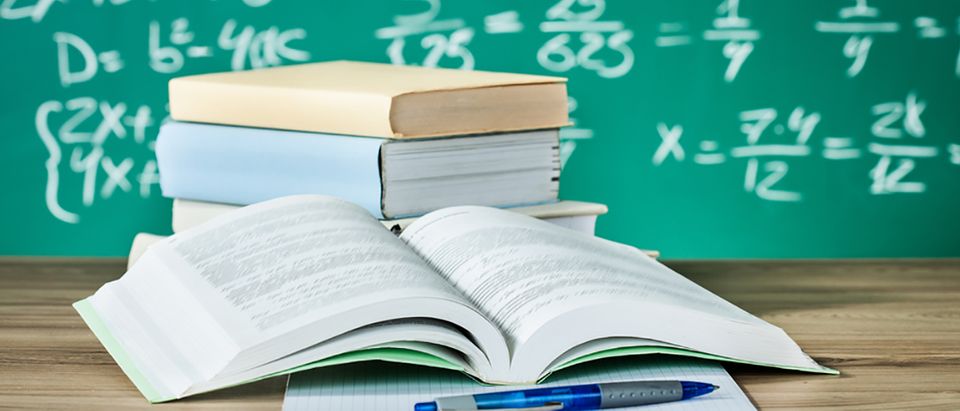A University of Illinois math professor believes that algebra and geometry perpetuate “white privilege” because Greek terms give Caucasians unearned credit for the subject.
But that isn’t the professor’s only complaint. She also believes that evaluations for math proficiency perpetuates discrimination against minority students, if they do worse than their white counterparts.
Rochelle Gutierrez argues in a newly published math education book for teachers that they must be aware of the identity politics surrounding the subject of mathematics.
“On many levels, mathematics itself operates as Whiteness,” she argues with complete sincerity, according to Campus Reform. “Who gets credit for doing and developing mathematics, who is capable in mathematics, and who is seen as part of the mathematical community is generally viewed as White.”
Gutierrez argues that subjects like algebra and geometry, which relate to arithmetic, also perpetuate racism and white privilege. She worries that “curricula emphasizing terms like Pythagorean theorem and pi perpetuate a perception that mathematics was largely developed by Greeks and other Europeans.”
Gutierrez claims that the importance of math skills in the real world also places what she calls an “unearned privilege” for those who are good at it. Because most math teachers in the United States are white, white people stand to benefit from their grasp of the subject disproportionate to members of other races.
“Are we really that smart just because we do mathematics?” she asks, raising the question as to why math professors get more grants than “social studies or English” professors.
“If one is not viewed as mathematical, there will always be a sense of inferiority that can be summoned,” she says, claiming that minorities “have experienced microaggressions from participating in math classrooms… [where people are] judged by whether they can reason abstractly.”
To resolve the intelligence gap, Gutierrez calls on math professors to develop a sense of “political conocimiento,” a Spanish term for “political knowledge for teaching.”
She concludes her argument with the claim that all knowledge is “relational,” or is, in other words, relative. “Things cannot be known objectively; they must be known subjectively.”
Ian Miles Cheong is a journalist and outspoken media critic. You can reach him through social media at @stillgray on Twitter and on Facebook.


